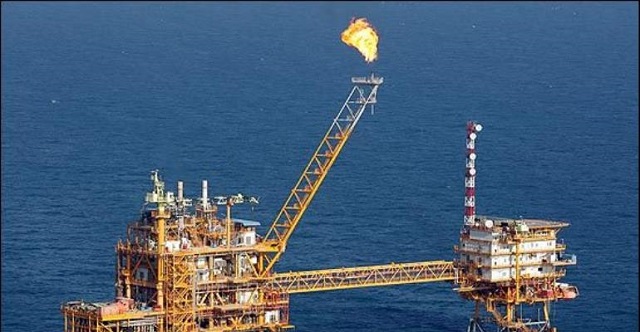
Accra, Ghana | AFP | Ghana’s “long and arduous journey” to boost offshore oil exploration and extraction will be fuelled with billions of extra dollars after a key court victory over Ivory Coast.
Thanks to efforts by successive governments and conquering lawyers at the International Tribunal on the Law of the Sea (ITLOS) over a disputed maritime boundary with Ivory Coast which resulted in a ruling in Ghana’s favour, the money will soon will be pouring in.
Ghana has produced oil commercially since 2010, leading to a burst of growth that transformed it into an emerging economy, piquing the interest of global investors.
But new exploration and production was halted in 2014 when Ivory Coast said drilling off Ghana’s western coast had strayed into its territory.
Fruitless talks saw the issue taken to the ITLOS, which in September said Ghana had not, in fact, breached its neighbour’s sovereignty.
In October, President Nana Akufo-Addo said the tribunal ruling opened up “possibilities of development, progress and prosperity”.
Expected oil revenue will likely mean more funding towards roads, schools and hospitals, he said.
Operator Tullow Oil said output from its Twenboa, Enyenra and Ntomme (TEN) fields was currently about 50,000 barrels per day (bpd) and will be maintained until the end of the year.
Exploratory drilling will then resume, eventually allowing production to increase towards the 80,000 bpd capacity on its floating production storage facility.
TEN field reserves are estimated at 306 million barrels of oil while the wider Tano Basin, which was the subject of the boundary dispute, holds the equivalent of 3-4 billion barrels.
At current prices of around $55 per barrel, the TEN field has the potential to generate $16.7 billion in revenue and the Tano Basin $165 billion, said petroleum economist Theo Acheampong.
“That is really what was at stake in this ruling,” said Acheampong, from analysts IHS Markit.
And with the area already known for being rich in oil and gas resources, he said there was likely even more to be discovered.
– Economic development –
Compared with other oil-producing nations in Africa such as Nigeria and Angola, whose output is upwards of 1.5 million bpd, Ghana’s production is still low.
Acheampong said as a result, the extra billions expected after the tribunal ruling would still not necessary lead to a turnaround in the country’s economic fortunes.
Ghana’s economy in 2011 soared with rates of growth topping 14 percent but then slowed, inflation soared and public sector debts spiralled.
The government took a $918-million International Monetary Fund loan in 2015 on condition of reform, tighter fiscal discipline, lower inflation and stronger public finances.
Recovery is expected to continue this year and next with estimates of 7.1 percent and 8.0 percent growth, according to the African Development Bank.
That depends on “new hydrocarbon wells coming on stream and the timely resolution of technical issues that led to disruptions in the Jubilee oil and gas field in 2016”, it added.
Since oil production began in 2010, some $3.5 billion in oil money has gone towards funding development projects, new roads and hospitals.
Ivory Coast’s President Alassane Ouattara meanwhile visited Accra in October in what was interpreted as a sign to investors that ties remained strong between the neighbours.
Benjamin Boakye, executive director for the African Centre for Energy Policy, said instead of souring relations, the tribunal case appeared to have strengthened ties.
That bodes well for any possible discovery of oil that straddles both sides of the border, he added.
“Given the number of discoveries on both sides of the border, it could be possible that at some point the countries will have to unitise one discovery or the other,” he said.
“So there is need for that kind of cooperation to exist.”
 The Independent Uganda: You get the Truth we Pay the Price
The Independent Uganda: You get the Truth we Pay the Price


